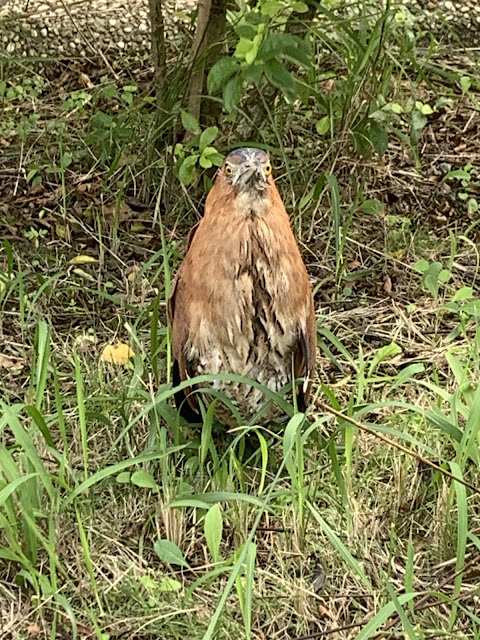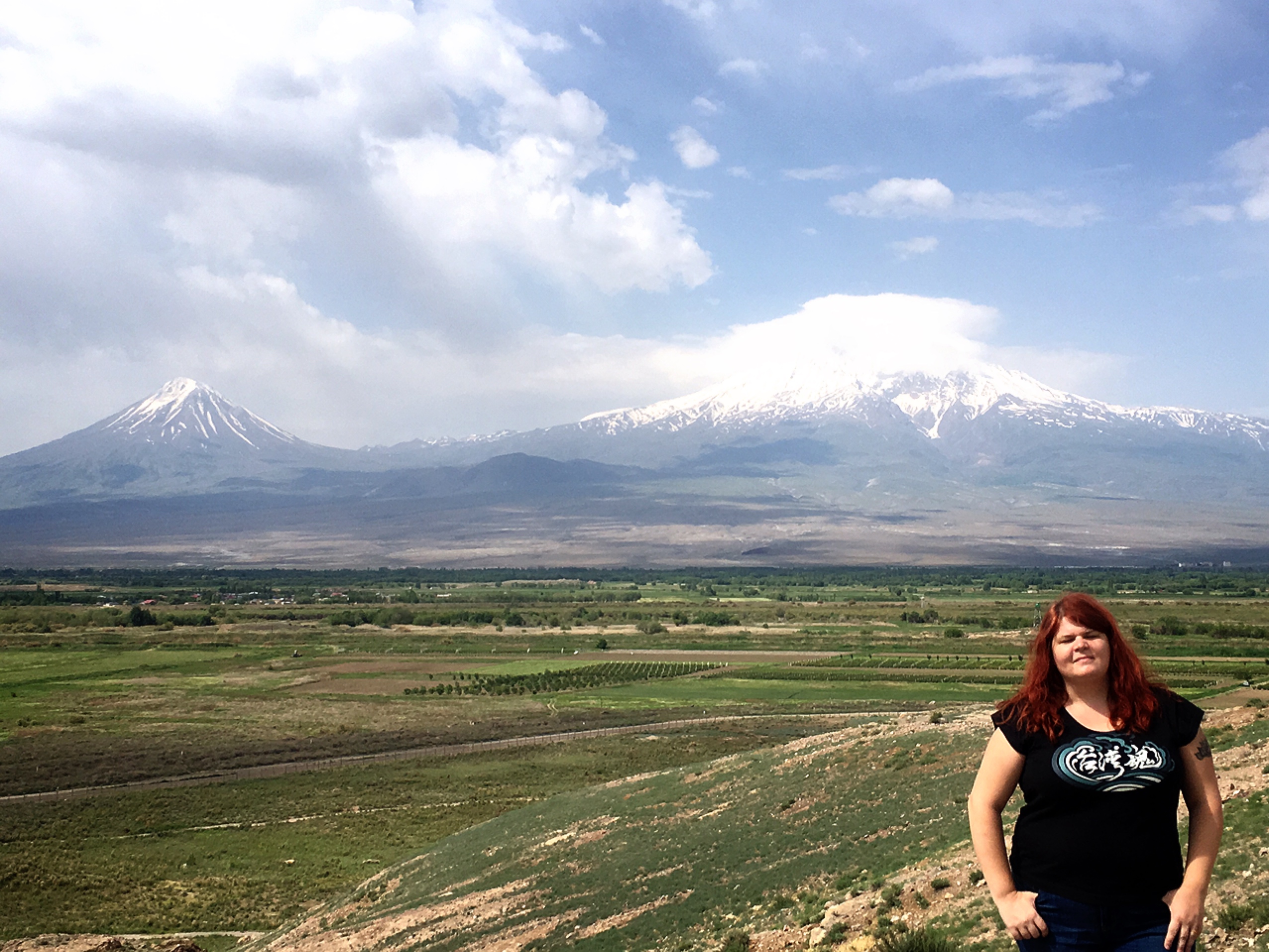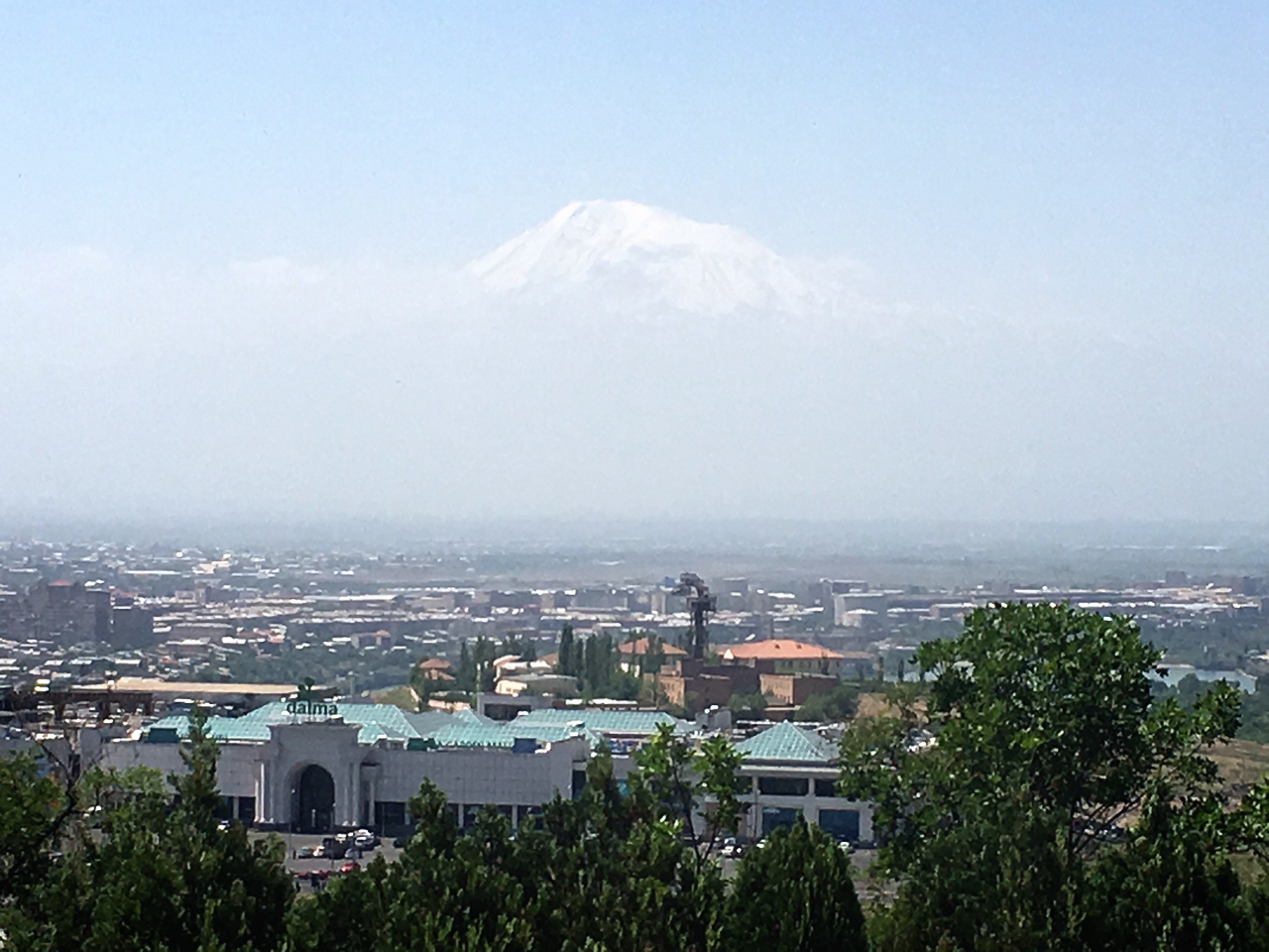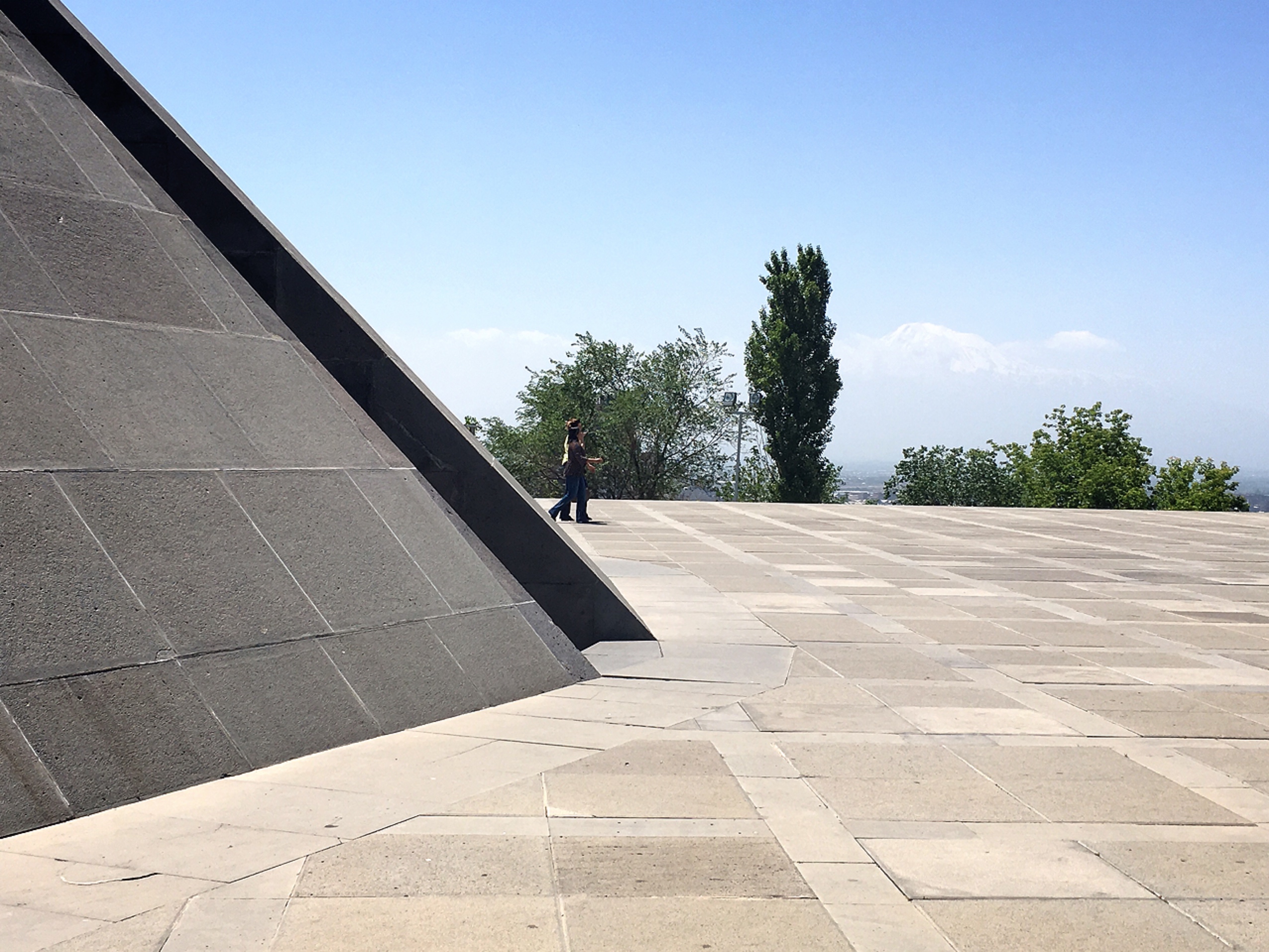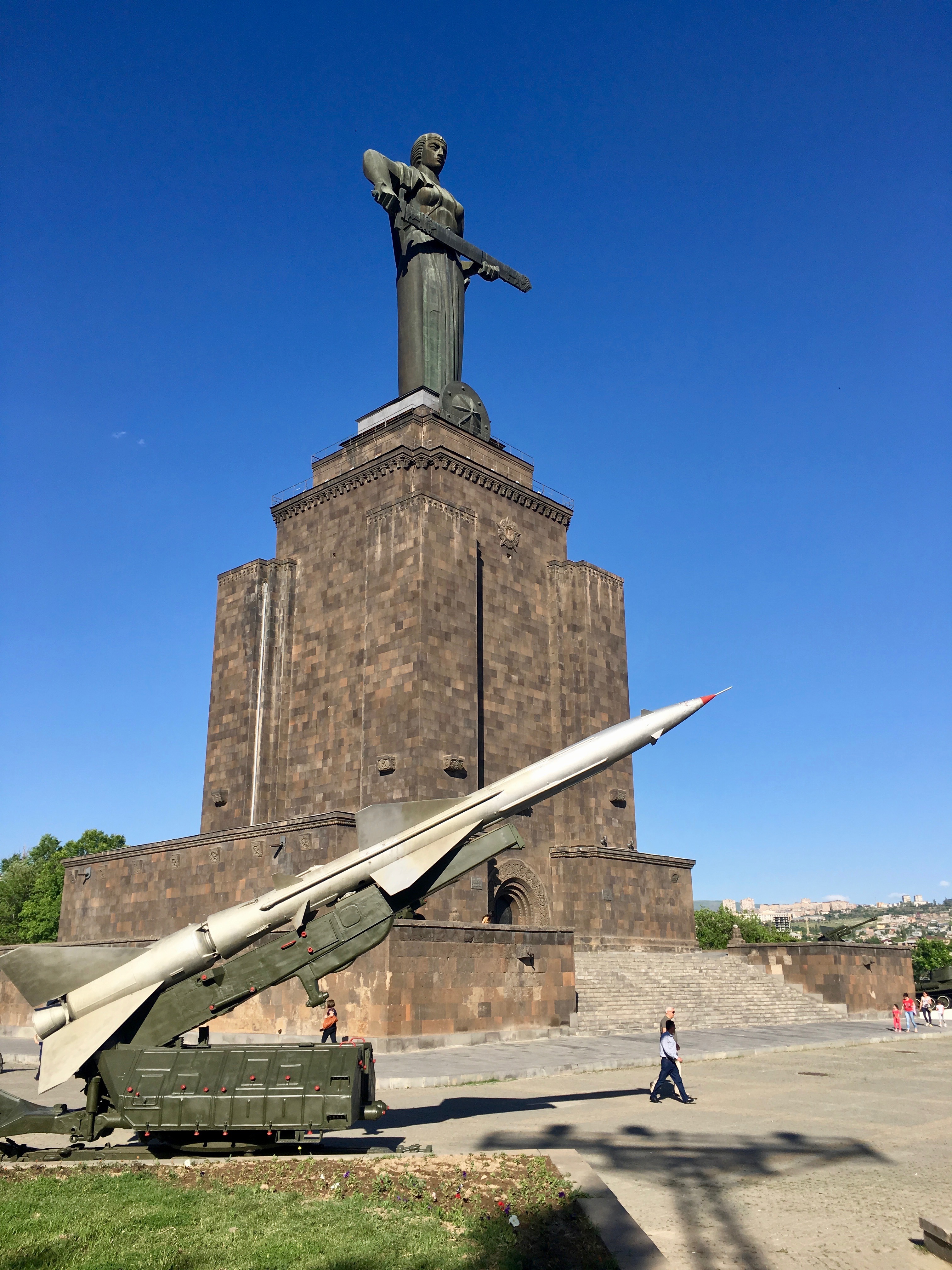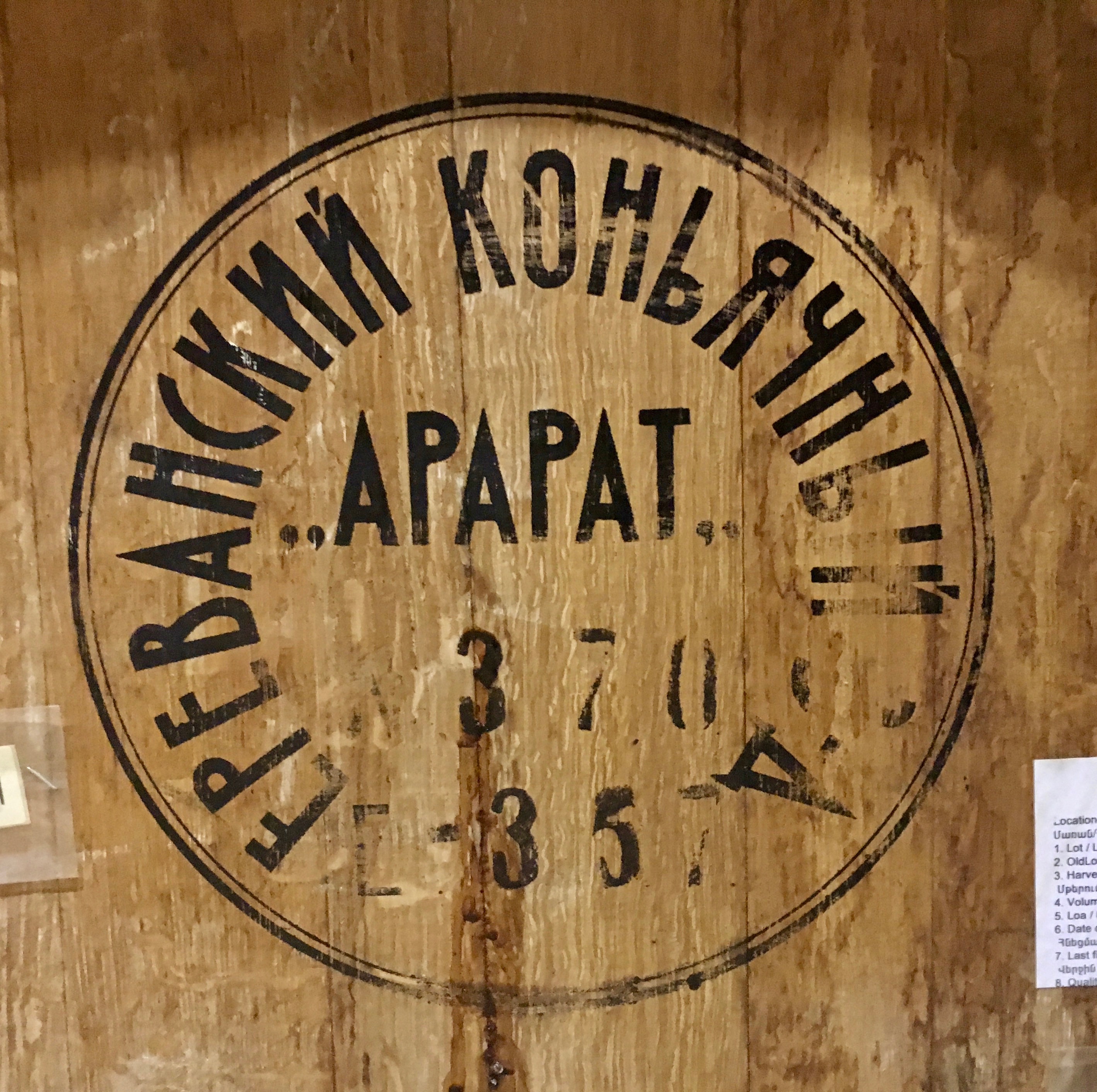The man at the top right resembles my great-grandfather, but it's hard to tell
This is going to start out like a post focused on the Armenian Genocide; I promise that it is related to Taiwan, and there is a point. But I'm going to do this my way -- that is, the long way -- and I only ask that you bear with me, if you like.
***
Generations ago, two contradictory narratives came out of late Ottoman Turkey surrounding the ongoing massacre of Armenians under Sultan Abdul Hamid II. One was spoken about among diplomats and travelers, discussed in salons across the Western world: a paranoid Armenophobe Sultan was allowing Armenians to be attacked and slaughtered across Anatolia and even in Istanbul. Sometimes these attacks came with a pretext ("revolutionary activity" or "separatists"), sometimes not.
Of course, these worried people made sympathetic noises but took few if any concrete actions to actually help the Armenians.
It's not an uncommon belief that the Armenian Genocide began and ended around 1915, that it came like a wave, and then receded. This is not true: the Hamidian massacres began in the late 19th century, ebbing and flowing and continuing into the early Turkish republic until at least 1922.
Despite being called the "loyal" millet, or minority community, Armenians, among others, were second-class citizens. Possession of weapons was more heavily restricted, taxes were higher, and legal rights fewer.
In this narrative, the Armenians had done nothing at all; they were prosperous in banking and commerce and living happily under Ottoman rule until one day, the crazy Sultan decided to exterminate them, and that bloody legacy was perpetuated by the Young Turks. (To be clear, it is well-documented that Abdul Hamid II suffered from mental health problems later in life and was paranoid specifically about Armenians).
Of course, the Ottoman state narrative was wildly different: this was an "internal" matter, an "exaggeration" of events or a "provocation" by Armenian separatists and terrorists.
If you think this sounds quite a bit like the way China spins its own stories about Taiwan, as well as actual parts of China such as Tibet, East Turkestan and Hong Kong -- exactly. But that's obvious; all governments lie, but authoritarian states are both the biggest and worst liars. It's not even my main point.
To hear the Armenians tell it, they were loyal to the Sultan, while still celebrating the advent of the Turkish republic, presumably at its nascent stage when they believed it might result in fewer massacres, not a tsunami of fresh killings. Few were revolutionaries; none were trying to topple or break away from the state. We weren't separatists, they said. All we ever wanted was equality and justice.
To hear the Turkish side, they were indeed separatists engaging in terrorist acts, and had to be stopped. Of course, this narrative always stops short of genocide: we had to stop them, we were provoked into the massacres that you are exaggerating and also that we did not commit.
Frankly, the Turkish government continues to embarrass itself by perpetuating this narrative.
One of these narratives is obviously false. Let's leave aside the fact that I had ancestors in the death camps and not all of them survived, that my great-grandfather and great-grandmother, children at the time, barely survived the 1909 massacres and my great-great grandfather was murdered in Smyrna by Turkish troops as the 1922 fire raged. Plenty of documentation attests to the truth of the events, the official narrative makes no sense, and anecdotal accounts fill out the picture. From Michael Arlen's Passage to Ararat:
In the fall of 1895, a group of German and Swiss schoolteachers were traveling through eastern Turkey. They passed a village where not a soul appeared to be alive. "A terrible plague," explained the guide. The schoolteachers saw blood on the walls of houses, and a village square where jackals and vultures still fed off the unburied dead.
It's easy to assume that therefore, the Armenian story must be unimpeachable. The loyal millet, living peacefully under the imperial yoke, never engaged in the activities of which the Ottomans -- and later the Young Turks -- accused them. If this is true, the Armenians did nothing.
The thing is, this isn't quite right. They didn't do nothing.
The Turkish story may be embarrassingly stupid, but the issue with the Armenian narrative is that it glosses over the most important point: that they did nothing wrong. Why exactly is this a problem? First, it makes it easy for Turkey to defend their position: if there were no Armenian revolutionaries, how do you explain all the Armenian revolutionaries?
Because they existed. That, too, is well-documented.
The main groups were the Dashnaksutiun (the Dashnaks) and the Hunchakyan Kusaktsutyun (the Hunchaks). The Dashnaks are known in English as the ARF, or Armenian Revolutionary Federation -- emphasis mine. Both groups were at least nominally socialist or social democratic; the Dashnaks perhaps less so, whereas the Hunchaks were more overtly Marxist. The two groups began as a united front, with the Hunchaks splitting off over ideological differences: if you think leftists like to get into big, fractous spats with each other rather than fighting their common enemy, then I would like to welcome you to join the People's Front of Judea, not those apostates running the Judean People's Front.
Fun fact #1: both parties still exist. Fun fact #2: my great-grandfather Mihran was a Dashnak and fedayi (resistance fighter) in the 1920-21 war for Armenian independence. I admire that a lot; I do hope that if the time ever comes for me to stand up for what is right despite immediate physical danger, I will do so.
Theoretically, the Dashnaks were more reform-minded, wanting to better the position of Armenians within a larger Turkish state, whereas the Hunchaks advocated a breakaway Armenian state. The Dashnaks worked with the Young Turks to overthrow Abdul Hamid II, and the two groups worked together up until the 1909 massacres, which were promulgated by the new Turkish government (the Sultan had just been removed from power by this revolution) against Armenians, primarily but not limited to Adana, near my great-grandmother's hometown of Tarsus.
That is to say, these groups did consist of separatists and revolutionaries. Not every Armenian was a member; I'd gather most weren't. However, it's historically inaccurate to claim that they meant no harm to the Ottoman government. Some absolutely did. I do not believe this was wrong; for a time, they shared the same goal as the Young Turks, who are now celebrated in Turkey. Clearly, the Turkish government doesn't think opposing the Sultan was "wrong" either, as long as it was Turks doing it.
Let's look at a specific example: one side says that the 1894 massacre of Armenians at Sasun was "unprovoked", the other says it was provoked because Armenians refused to pay taxes. The truth is that the Hunchaks indeed encouraged them to stop paying, because the taxes levied on Armenians were unequal and unfair, and the whole situation was a lot more complicated than a protest over taxation.
Without getting into the local, factional violence, there were indeed Armenians calling for reforms that directly threatened the state. Throughout, the Dashnaks and Hunchaks did indeed use revolutionary tactics to resist Ottoman oppression. Some of these forces were at play in Sasun; they emerged again during the bank occupation in Istanbul, which precipitated further massacres.
That's not doing nothing. But I generally support resisting murderous dictators. I am in favor of protesting unfair taxation and tribute. If the regional or central government is sending in troops to specifically punish you for refusing to be exploited by the other people they sent in to harass you, you should fight back against both the local perpetrators and the central government.
That's not "doing nothing", it's doing nothing wrong.
While I don't think separatism is always the best way to solve political problems -- sometimes it is, sometimes it just creates more problems -- I understand why Armenians at the time might have thought it a good solution. They were being treated like dirt; prosperity was gained not through privilege but adversity. Under those conditions, especially in the sociopolitical environment of the late 19th and early 20th centuries, wouldn't you also want to advocate for either reform or independence?
To ignore this and insist that they lived their lives placidly oppressed is not only to give official Turkish accounts credibility that they do not deserve, but also to flatten the story. It perpetuates the myth of the "perfect victim": do we really want to imply that only some genocide victims are worth recognition and compassion? Do we really believe that the only argument against mass murder is to say the victims didn't resist their murderers? Or that "separatism" is an excuse for genocide? Do we really want to erase the agency of targeted groups to resist?
It is ethical and right to stand up against injustice. It is correct to push for equality, and if the government lording over you won't give it to you, you either have to change the government, or rid yourself of it.
Whether you are independent like Taiwan and requiring only international recognition, or a part of some larger oppressive state and seek to break free, you are not required to accept second-class status up until the point that the state begins murdering you, never daring to set off a bomb or stage a protest. This should not and cannot be the threshold for deciding who is and is not a true victim.
I hope you've followed me this far, and see how this connects not only to Taiwan, and every other group fighting CCP oppression.
To hear the Chinese government tell it, Taiwan (and the US) are relentless provocateurs; their story veers between insisting most Taiwanese understand that their ultimate destiny is to be "reunified" as good Han subjects under the rejuvenated Chinese nation but are misled by a minority of "splittists" or the United States, and screeching that Taiwanese "separatists" are the instigators wholly responsible for Beijing's continued threats of violence. It's an internal matter, they say. You're exaggerating, China would most prefer a "peaceful" resolution but, you know, those pesky separatists! It's their fault that we may be forced to wage war, followed by brutal re-education camps.
They do the same in East Turkestan and just about anywhere else that suffers under CCP repression. Like the Turkish government, they claim that Uyghur terrorists forced them to open the concentration camps that they also claim don't exist. You're exaggerating, they repeat. Those are vocational schools aimed at helping Uyghurs, not jailing them. Except we had to open them because of all the terrorists, and we had to forcibly detain people sent there. But you're exaggerating.
If that fails, we're admonished not to worry ourselves over a far-off genocide because apparently genocide is acceptable if it's an "internal matter".
Certainly I don't condone violent acts against civilians, but if we're talking about which side has killed more people, it would be the CCP. I may not be a fan of bus or subway bombs, but I have all the empathy in the world for people fighting the systemic erasure of their identity and culture. Such erasure never works, it always leads to violence, and the CCP started it.
It forces us to consider the ethics of actions within a given context: Ottomans sending in troops to harass Armenians was wrong; Armenians occupying a bank with pistols and explosives was not wrong, per se. The American South wanting to secede because they wanted to continue the institution of slavery was wrong; East Turkestan wanting to cleave itself from its murderers to end a cultural genocide is not wrong.
I could draw out similar scenarios in Tibet and Hong Kong, but I think the point is clear.
This may seem obvious, but I don't think it is. When we portray the bad guys (and the Chinese government is unequivocally the villain here) as going after people who did nothing at all, the next step in that thought sequence is to consider "something" to be worse than "nothing". As in, compassion comes more readily if they weren't revolutionary, or separatist; but if they were, some might think the consequences are justified. But they actually did set off subway bombs! They did occupy a bank! They did resist police officers! They did plot to assassinate the Sultan! They actually are separatists!
Then it becomes "bad" to be a separatist or revolutionary. Those words sure sound so scary on the news! But again, if the government you're fomenting a revolution against is oppressing you and others, being a revolutionary is not wrong.
Think of it this way: how much easier is it to advocate that the Chinese government should stop disappearing poor innocent Uyghurs who were just minding their own business? Compare that to persuading others that, yes, in fact there was and is resistance to Chinese rule in East Turkestan; that yes, there are Uyghur "separatists" by the basic definition; that resistance occasionally turns violent; but that Chinese oppression in East Turkestan is still unjustified and if the CCP can't do better (and it can't), perhaps East Turkestan actually should be independent.
The same is true in Taiwan, although there are no thorny questions of civilian attacks to contend with and unlike East Turkestan, Hong Kong and Tibet, it is not legally a part of the People's Republic of China no matter how much the CCP screams otherwise (if it is, show me the binding international treaty or accepted convention that says so. It doesn't exist).
It's so easy to say that Taiwan has done nothing at all, but that's not true. Taiwan's done quite a lot: first and foremost, it democratized and in spite of Chinese missile tests, stayed that way. War is a deeply unpopular notion, but most do intend to defend their country against China if necessary. When China gets its hackles up about "separatists" we may roll our eyes, but most Taiwanese do not want to be a part of China. A large number -- likely a majority, depending on how you define the issue -- are indeed "separatists" by China's definition. The problem is not the desire for continued sovereignty, but China's definition.
Taiwan does seek international recognition, even when doing so "angers" China. They do identify primarily as Taiwanese, which China cannot abide. They do reject China's conditions for "peace", which begin with the so-called 1992 Consensus and end with accepting annexation without a fight. They don't give up and accept second-class international status; it may be forced upon them, but you'll always encounter resistance (even if they're just online comments reminding, say, a sporting organization that "Chinese Taipei" is bullshit and everyone knows it).
In everything from calling Taiwan an "independent country (named the Republic of China)", changing the passports, cultivating ties with the US and other countries and any number of small actions, Taiwan tests where China's red lines are.
They do this because those red lines are unjust and do not deserve respect. Taiwan is right to resist them, reject fabricated agreements from decades ago, turn down Beijing's poisoned offer of "peace".
That's not nothing. It's exercising agency in a thousand small ways: it's nothing wrong.
By China's definition, Taiwan actually is provoking China. That's not doing nothing. It's just doing nothing wrong: again, the problem here is China's definition.
If we don't believe that, then the logical conclusion is to insist that such "provocations" are wrong simply because China does not like them: that is, giving credibility to the abuser in this messed-up relationship. It's to say that Taiwan should clamp itself down and do less, do nothing. Let itself be a victim. Never raise its voice. Accept ever-decreasing space in the international community, let its autonomy be chipped away.
The ways in which Taiwan's story and agency are being flattened in international media are not exactly the same as Armenia's a century ago. People then either seemed to believe that Armenians were hapless, agency-less victims, or that they deserved what they got for being separatists and revolutionaries.
In Taiwan's case, the danger lies in portrayals of the country as some unpopulated rock fought over by the United States and China, as though the people of Taiwan haven't made their own decisions about their sovereignty and self-governance. Taiwan's very real desire to remain separate from the People's Republic of China is the entire reason why the conflict exists at all.
China is indeed threatening Taiwan because of what it deems to be "separatism", not US "provocations" -- it is the will and agency of the people of Taiwan that is central to the issue. Chinese painting of Taiwan's views as US-created constructs is a lie, because they know they don't have a strong argument against the truth: that Taiwan itself wants continued sovereignty, and it has that fundamental right of self-determination.
If it melted away, and Taiwan placidly announced that would do anything at all for peace, including meeting China's demands, there would be no conflict. That will never happen, which may mean war. To steal from a great artist of my parents' generation, Taiwan would do anything for peace, but it won't do that.
This does not mean -- it cannot mean -- that Taiwan's will and agency are wrong. They are not.
Taiwanese don't act like Dashnaks or Hunchaks; they don't need to, because the would-be oppressor they fight does not control them. Someday, it might be necessary: while some might submit, others will certainly resist. I hope that day never comes, but if it does, I'll support them. Hell, I might be making Molotovs or growing sweet potatoes for the resistance fighters. After all, they'd be right.
Nobody desires a Syria-like situation in Taiwan, but that's the most likely outcome if China "successfully" annexes Taiwan. Still, Taiwan will be right, and China will be wrong.
Wanting equality, justice, freedom and human rights is fundamentally ethically sound. That may be revolutionary; in some cases it may be tantamount to separatism. Fine, I say. Let it be revolutionary, let it be separatism if it must. It's our job to understand this, and not rob people facing an oppressor of either agency or compassion, when indeed they deserve both.

